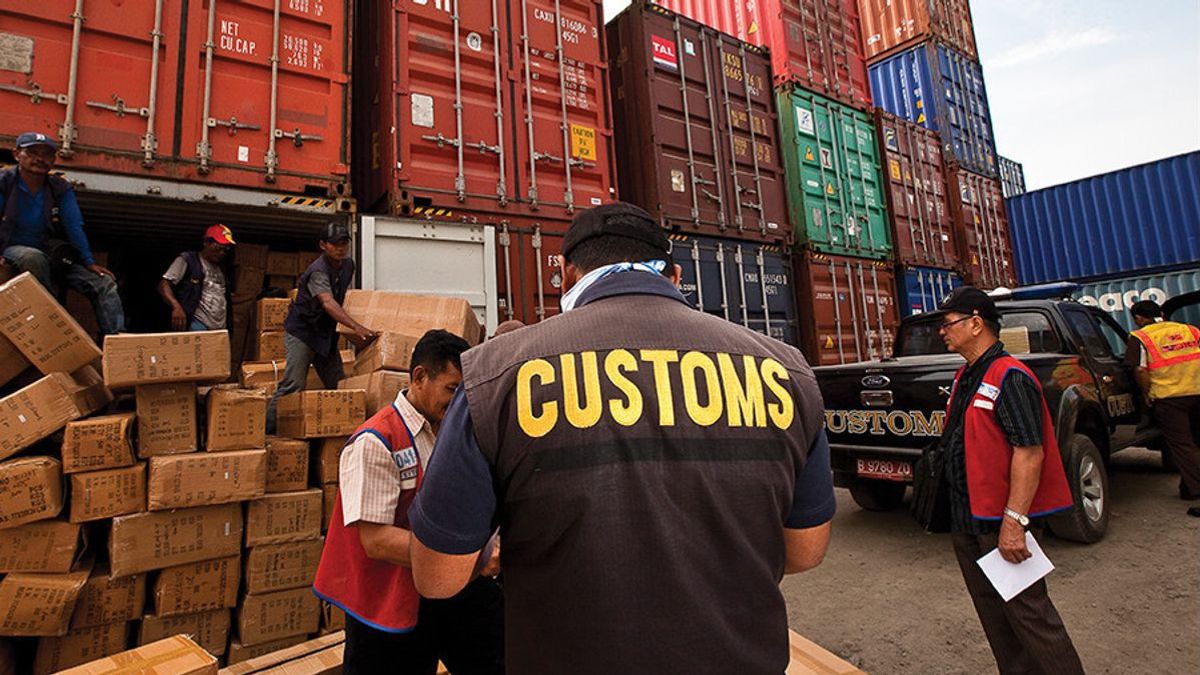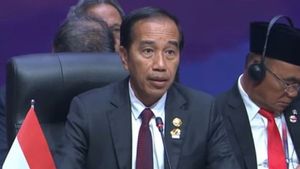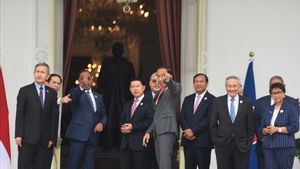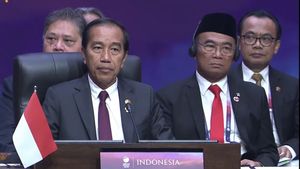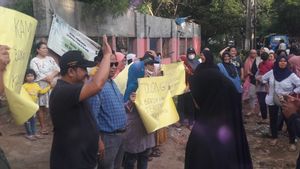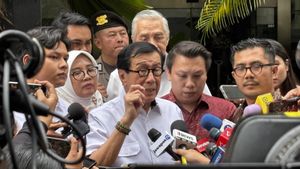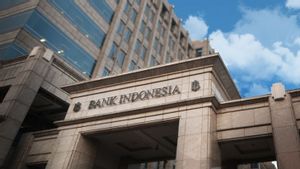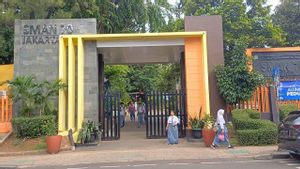The customs administration representative from all ASEAN member countries met again in the context of the 13th Technical Sub-Working Group on Classication (TSWGC) meeting held by Jakarta this week. It was stated that TSWGC is one of the customs cooperation forums in ASEAN which is currently led by Indonesia, in this case represented by the Directorate General of Customs and Excise (DJBC), which specifically discusses the classification of goods and ASEAN Harmonised Tariff Nomenclature (AHTN) at the regional level.
Head of the Customs Information and Communication Service Bureau Deni Surjantoro in an official statement revealed that the formation and holding of the TSWGC meeting itself is a form of commitment from the ASEAN customs administration in facilitating trade.
"We encourage the creation of uniformity in the classification of goods in ASEAN which is prepared based on international standards," he said on Wednesday, September 6.
According to Deni, the implementation of the classification of uniform goods is not only important to support customs administration in collecting state revenues but also important for the business sector.
"This can increase logistics efficiency by avoiding dispute classification of goods that have the potential to create unnecessary trade barriers, and help create a fairer and more competitive business environment," he said.
Deni explained that this meeting discussed several important issues such as procedures and technical criteria for the 2022 AHTN review and the 2022 AHTN review work program. Meanwhile, the results of the discussion at TSWGC in the form of AHTN will become the Indonesian Customs Tariff Book (BTKI) which will later be stipulated through the Minister of Finance Regulation to be used as a system for grouping goods in Indonesia.
"This includes fiscal needs in the form of import duties, export duties, taxes in the context of imports, as well as non-fiscal needs such as collecting statistical data, monitoring goods subject to prohibition provisions and restrictions and other necessities," he said.
On the same occasion, Fadjar Technical Director Donny Tjahjadi revealed that the classification system of goods is dynamic and will always evolve over time according to technological advances, changes in trade patterns, and developments in the global situation so that it needs to be updated regularly. He said the steps taken refer to the World Customs Organization (WCO).
"Similar things also need to be done in ASEAN by updating AHTN so that it is in line with the Harmonized System (HS) and the latest economic developments," he said.
SEE ALSO:
For information, since the approval of Protocol Governing the Implementation of the AHTN by the Minister of Finance of ASEAN which marked the implementation of AHTN by ASEAN countries in 2003, the ASEAN economy has grown significantly. In the last 20 years, ASEAN has grown to become one of the centers of economic power taken into account by the world.
Therefore, ASEAN will focus on formulating a simple and transparent system of classifying goods, but it is still relevant to the times and can accommodate the need for statistical data collection for the preparation of better trade policies in the future.
"Currently, it is the right moment to conduct a strategic review of the criteria and provisions of the AHTN review so that AHTN will reflect more on the latest international trade conditions, as well as formulate the right work plan in order to complete the 2027 AHTN discussion," said Head of Customs and Excise Facilities at the DJBC Kalimantan Regional Office. Southern Part of Taufik Ismail.
The English, Chinese, Japanese, Arabic, and French versions are automatically generated by the AI. So there may still be inaccuracies in translating, please always see Indonesian as our main language. (system supported by DigitalSiber.id)
